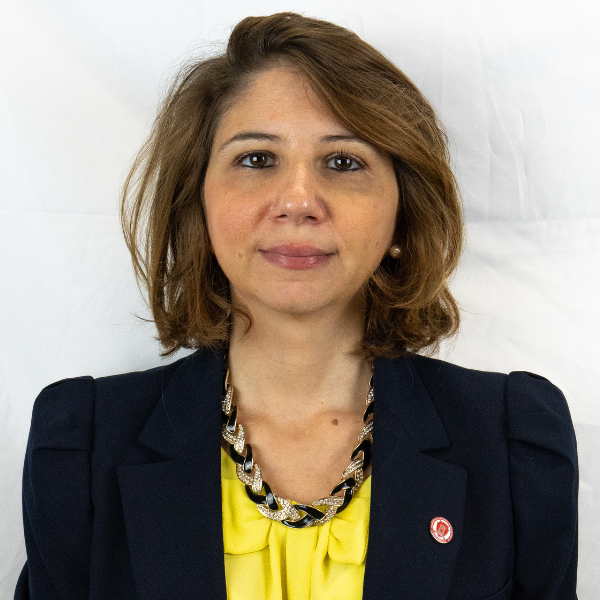Alongside the fight against cancer, there is another disease that cancer patients frequently find themselves having to deal with. This is malnutrition, a real disorder affecting 30% of individuals undergoing cancer treatment and having a significant impact on the national health system.
Underestimating the importance of nutrition for an oncology patient can have detrimental effects on the effectiveness of the physically demanding treatments they must undergo. Recent scientific studies have shown that malnutrition in oncology patients more than doubles the mortality rate, triples the rate of complications, and increases the length of hospital stay by 30% compared to other patients with cancer but normal nutritional status. The specific data vary considerably from case to case since not all cancers are alike. For example, the incidence of malnutrition in people with pancreatic cancer is as high as 40%. However, two undeniable factors link them all. The first and most important one is survival prospects: a patient with an early-stage, non-metastatic tumour who is malnourished has the same chances of recovery as an individual with an advanced-stage cancer who is well-nourished. The second aspect is to the social impact of this issue, in terms of human lives and the way in which prolonged treatment and hospital stays affect healthcare costs in both the public and private sectors.
Currently, an institutional debate is revolving around this last point regarding the possibility of including Oral Nutritional Supplements (ONSs) in the Essential Levels of Care (LEA). The Ministry of Health has responded to the request made directly by various patient associations. However, as discussions within the political forces about the budget law are now underway, it remains to be seen how many and what resources will be available for public healthcare.
In this regard, Professor Maria Rosaria Gualano, Associate Professor of Public Health at Unicamillus and Vice-President of the Società Italiana di Leadership e Management in Medicina (SIMM), points out: “The issue is undoubtedly important from a public health and healthcare decision-making point of view, as it affects the life and quality of life of a significant number of oncology patients. Therefore, if we can positively impact on patients through procedures that have been shown to be cost-effective, with an appropriate balance between the required resources and health outcomes, it is certainly a duty to make every possible effort to introduce such services into the system”. Estimates of the potential economic impact of including ONSs in the LEA, and therefore in the community, present this possibility as a potential medium-to-long-term investment for the public finances. A well-considered inclusion of nutritional supplementation into the treatment plans of oncology patients could result in cost savings of up to 12.2% of the total National Health System expenditure. “In an era where we strive daily to secure the necessary resources to support our invaluable national healthcare system”, Professor Gualano adds, “these principles are crucial to consider when deciding what to include into the LEA, always following the best available scientific evidence”.
In recent years, all parties involved in the ongoing debate on the current state of healthcare ‒ from institutions to associations of various healthcare professionals and even patients themselves ‒ have come to agree on the need to pay greater attention to the needs of patients and those who care for them. Therefore, healthcare management should increasingly be oriented towards a patient-centred healthcare approach. For this reason, listening to the patients’ needs and their associations in the presence of data and analyses supporting the proposals has become an essential way of working for institutions. In this specific case, “since we have strong evidence that indicates how nutrition is not only an essential support but can truly make a difference in the therapeutic support of patients”, stressed the UniCamillus professor, “it is our duty to take this into account in the decisions we have to make in this field”.
Professor Gualano also issued a warning about the social fairness of healthcare, which “must be guaranteed throughout the country. This is a key concept, established in both our Constitution and the fundamental principles of our National Health System. It is only right to aspire to systems which can guarantee the care of all oncology patients and their inclusion in Diagnostic and Therapeutic Care Pathways that deliver assistance under equal conditions to all citizens from all Italian regions”.

